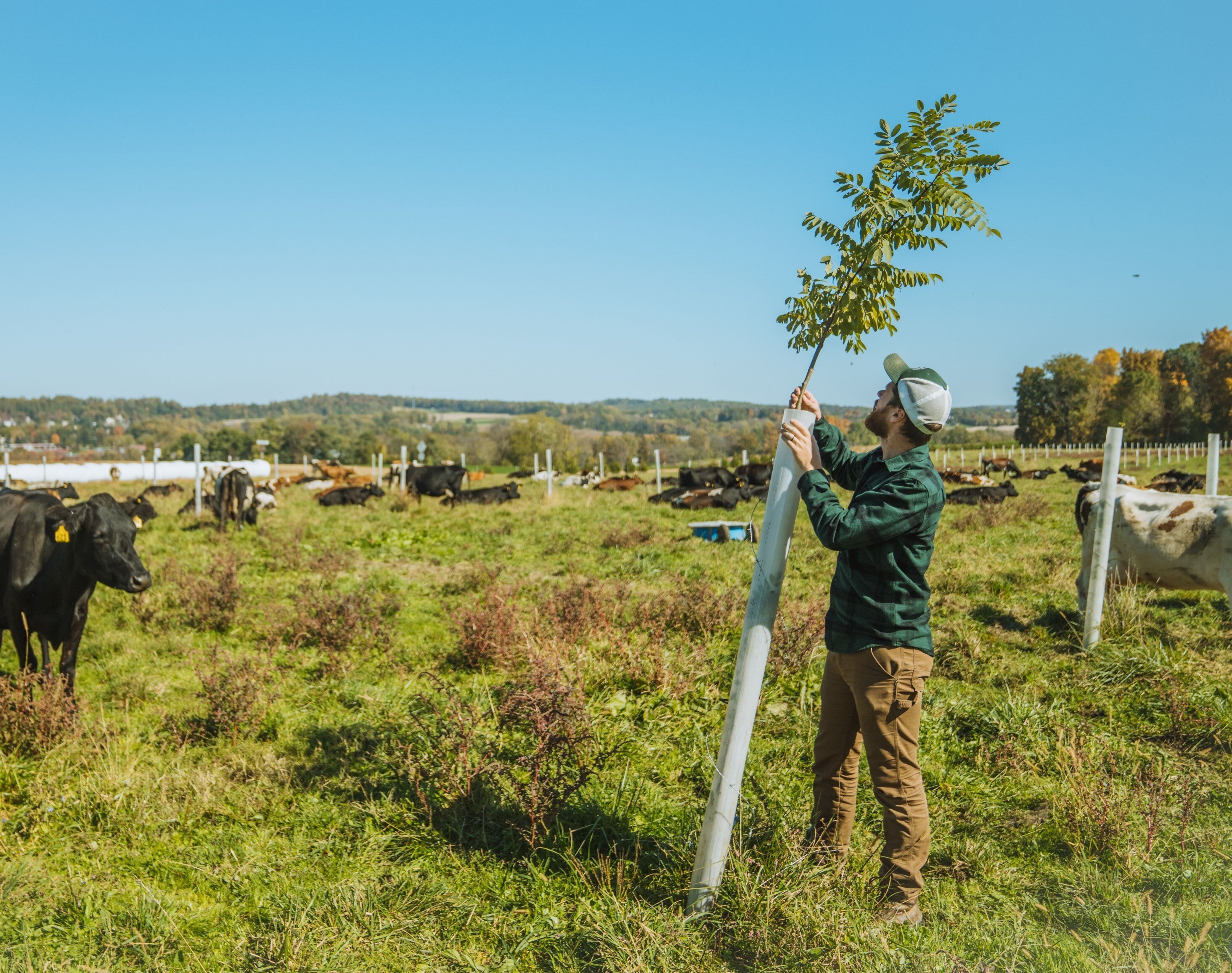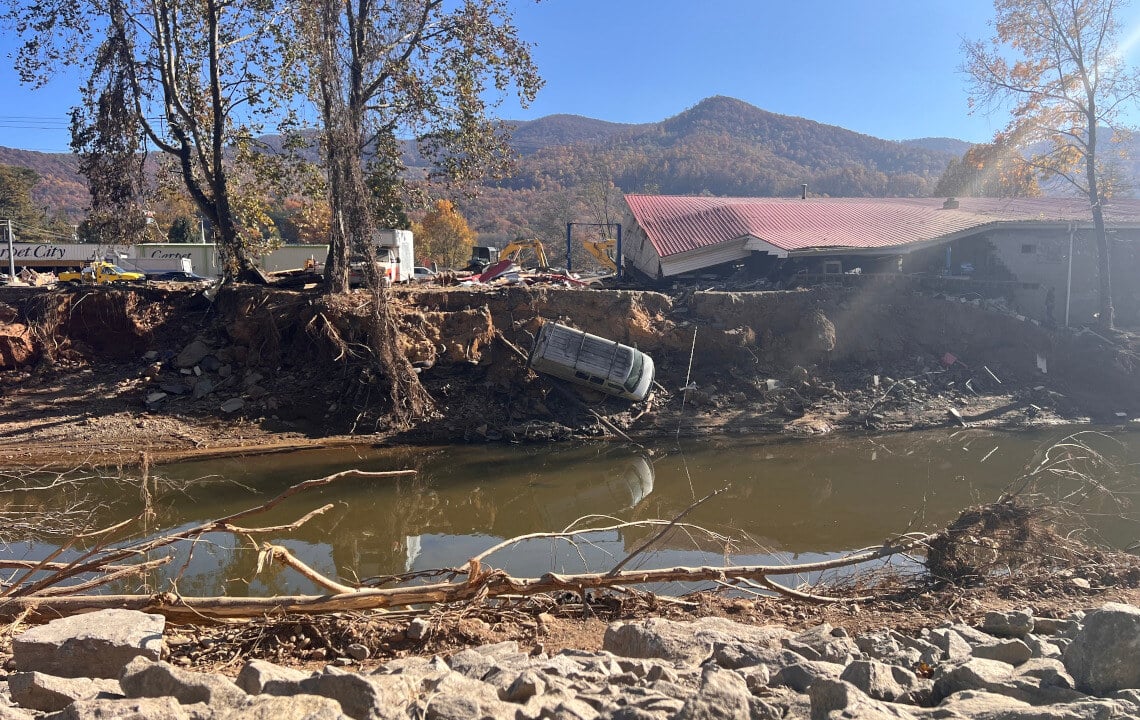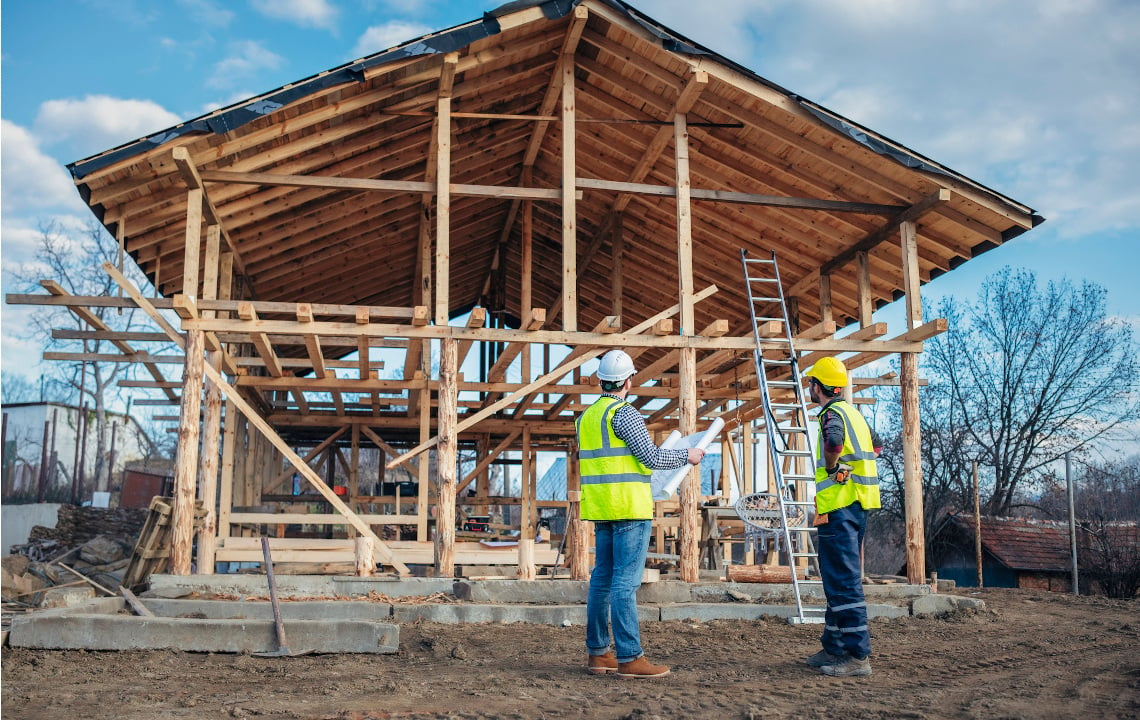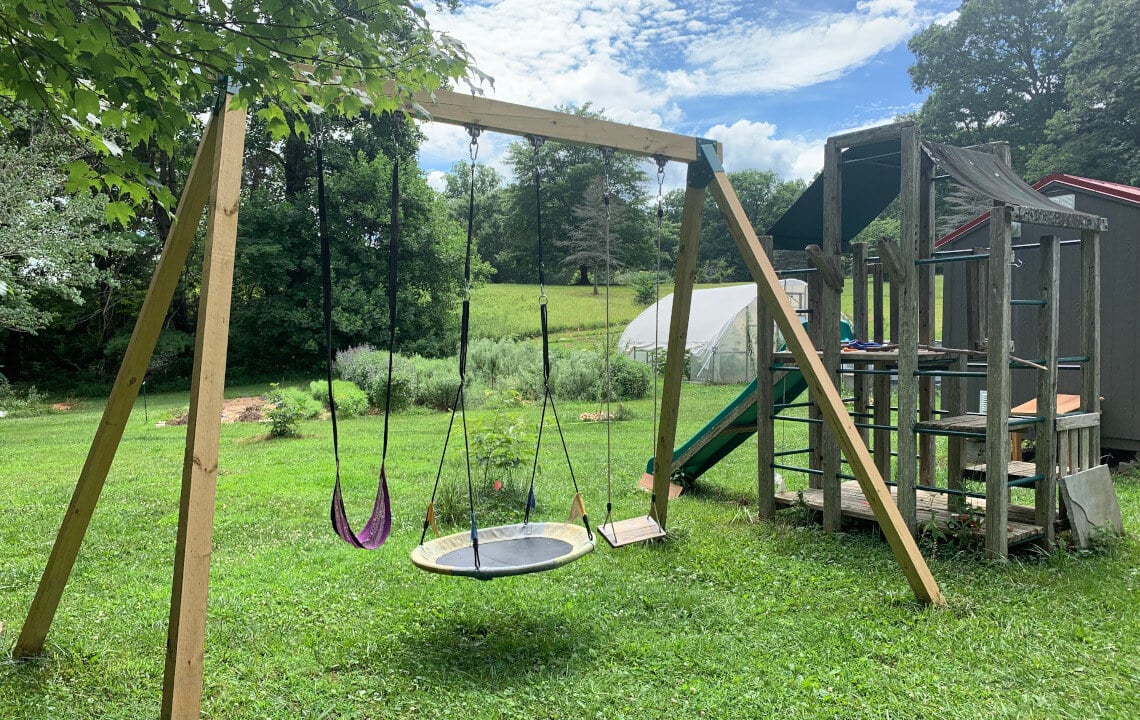Finding a reputable contractor to build your dream country home can be challenging, especially if you're new to the area and/or have never built a home from scratch. Here, we share 7 tips on how to find a reputable contractor.
If building a custom home in the country is part of your life’s plan, you’re in the right place.
However, as anyone who has built a home from scratch will tell you, your success at executing your dream home vision (without suffering from a stress-related injury) is contingent upon finding a reputable contractor.
Unfortunately, we’ve all heard the horror stories of abandoned projects, shoddy craftsmanship, endless delays, permitting problems and even theft or fraud by contractors, all of which can leave families with little recourse.
We want to help you avoid these problems.
Here are seven helpful tips for selecting a reputable and skilled contractor to build your dream country home.
Tip 1: Ask Friends, Family, Colleagues and Local Building Experts for Referrals
Referrals are typically one of the safest ways to find an honest and reputable general contractor.
However, make sure those giving the referral have actually used the person they are recommending, ideally fairly recently, and are not just trying to do a favor for a friend or family member.
From there, you can research the contractor online, read reviews and even ask around town at the local Chamber of Commerce or building inspectors to glean more information.

If you’re new to the area and don’t know anyone local, it’s best to start with your land agent or realtor, the local Chamber of Commerce, and/or contact the county building inspector or local home inspectors to see if they can recommend a local contractor.
Home improvement sites like Angi, Thumbtack or Homeadvisor, and even NextDoor (a social media site for neighborhood information) may also be helpful starting points for contractor referrals.
Avoid choosing a contractor online at random if possible.
Even if they have an impressive portfolio, an excellent website and glowing reviews, these could be fabricated and/or embellished.
Likewise, an outdated website may not represent the quality of their work (they could be too busy with clients to maintain their online presence), nor would one bad review necessarily indicate a problem, as there are two sides to every story.
However, several bad reviews would be cause to avoid that particular contractor.
Tip 2: Vet Potential Contractors Using Online & Offline Resources like The Better Business Bureau and Local Chamber of Commerce
Once you have a referral, even if it’s a glowing referral from your best friend or mother, you must do your due diligence to vet the contractor before engaging them.
The first place to start is by using offline resources, like your local Chamber of Commerce, land agent or a local home inspector, to learn more about the contractor.
Online resources, such as the Better Business Bureau or home improvement vetting sites, are also helpful.
Tip 3: Research Contractor Licensing and Insurance Requirements for Your State & County
Not all states and/or counties require contractors to be licensed and bonded, and not all contractors have licenses or insurance.
However, it pays to know the laws and best practices before you start interviewing.
Regardless, every GC should have insurance to protect you from worker liability.
Tip 4: Start Interviewing Before You’re Ready to Build (or better yet, before you buy your land)
One of the most important features and considerations when buying raw land is where to build your home.
Unfortunately, many people choose their ideal build site without consulting an expert, only to discover later it’s not suitable for building.
This is why engaging a contractor before you buy your land is ideal, as they can help you determine the best building site.
Plus, it’s a good way to interview potential candidates by testing their knowledge of site prep and location.
Related reading:

Tip 5: Ask For References (and actually call them)
It is critical to ask for references — plural — from contractors and actually call them. If you can go and look at some of their past work, even better.
Some questions to ask references include:
- How did you find this contractor? Did you know him before he worked for you? (if they say he’s their brother, cousin, best friend, daughter, niece, etc., they likely will not give an unbiased opinion)
- Were you happy with the job overall?
- Did they stay within your budget?
- How was the communication?
- Were there any major surprises, unanticipated problems or costs along the way?
- Did they honor the terms of the contract?
- Was the GC on-site every day?
- Did he or she and their crew do most of the work or hire most things out?
- Was the contractor helpful in recommending suppliers and other tradespeople for the job?
- Did you feel you got a good value for the time, quality and money?
- Did they stay within the timeframe?
- How is the work holding up?
- Was everyone on the team polite and helpful when you visited the build site?
- Was there anything you were dissatisfied with?
- Would you use them again or recommend them to a friend?
- Is there anything else I should know before hiring them?
Do not just rely on online reviews.
People often write a glowing review before they have lived in their home for several months or years, at which time they may (or may not) discover various problems.
Bottom line: Get at least three references, call them and ask detailed questions. If they invite you to come out and see the work for yourself, take them up on it.
Tip 6: Get Multiple Quotes (at least three)
The best contractor is typically not the cheapest. However, you don’t want to overpay, either, and sometimes contractors charge higher rates to create the appearance of higher-quality work.
This is where it helps to compare the cost of newly built custom homes in the area to ensure the quotes are within a reasonable range.
It’s also important to be familiar with the other costs of building a home from scratch, including the cost of permits, running electricity, installing well and septic, land clearing, land prep (clearing, grading, etc.), installing a driveway, inspections and other nuances of developing a home site on raw land.
Learn more by clicking the links above, and check out:
Tip 7: Have a Building Plan and Formal Contract In-Hand Before Handing Over Any Money
Contractors often draw up an initial plan for you as free services because they need this information to prepare a quote. A plan is also required if you’re financing the construction.
This allows you to sample their level of service and see how you like the quality of the plans, communication, etc.
If you decide to proceed, the next step is to sign a formal contract with the contractor that clearly outlines the terms of the build and the financial commitments.
If you’re unfamiliar with these types of contracts or are unsure about the verbiage or terms, have the contractor review it with you word by word and/or hire an attorney to ensure everything looks kosher.
Builders typically ask for a deposit and then bill in installments as the work is completed. This should be spelled out clearly in the contract, including what needs to be completed for you to pay the installments.
If you take out a construction loan, the bank or lender will ask to see the building plans and contract in advance.
Learn more in: How Construction Loans Work
Follow These Tips To Help Avoid Contractor Nightmares
Building a home involves a lot of time, investment, decision-making, pressure and patience. The patience part, like wanting to get into your new home as soon as possible, has caused many people to hire dishonest, unprofessional, or even criminal contractors with disastrous results.
Fortunately, these types of headaches, stresses and even financial ruin can be avoided by taking the right steps to thoroughly vet your contractor.
Your home is one of the biggest investments you'll ever make; take the time to hire the right people for the job.
Discover More Helpful Tips On Finding Reputable Contractors
The following articles and eGuides contain more helpful tips and information on building a custom home and finding a reputable contractor:
- 7 Pros and Cons of Being Your Own General Contractor
- How To Build A Home On Your Bradford County, FL, Land
- Tips On Building A Custom Home In Baker County, Florida
- eGuide: How To Buy Land and Turn it Into a Homesite in Nassau County, Florida
- eGuide: How To Buy Land and Turn it Into a Homesite in Bradford County, Florida


























